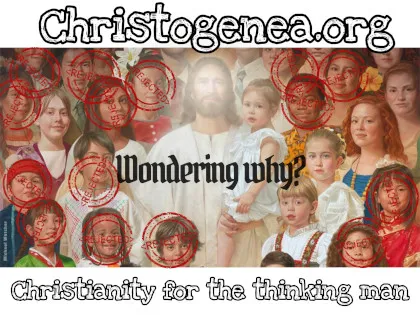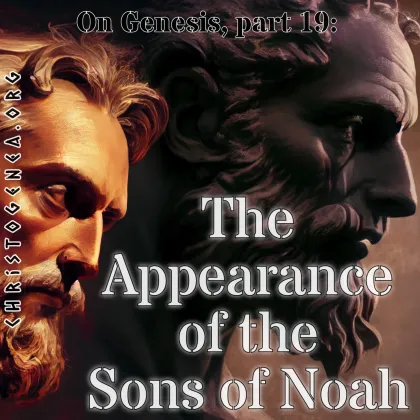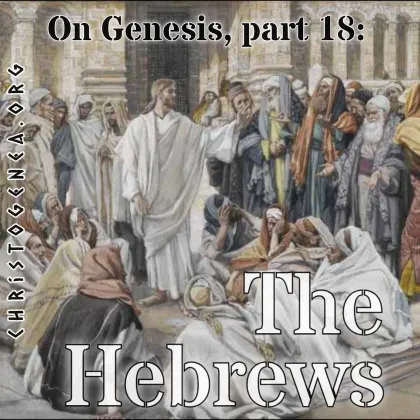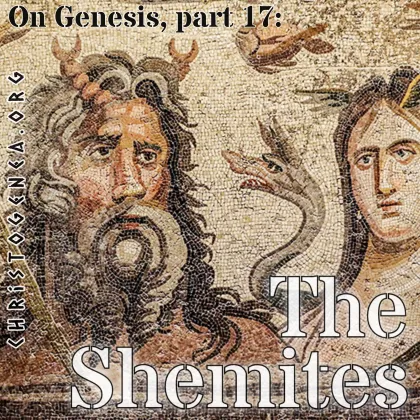
Topical Discussions, June 2nd, 2023
Including Who's “Out-Jewing the Jew?”, Black Hebrew “Israelites” and Which is it, Lord or Yahweh?
Lately I have been considering and saving some of the short topics discussed at various venues at Christogenea which would serve as ten or fifteen or even thirty minute recordings for videos or for our radio streams. So while I have done a few of these topical discussion presentations in the past, hopefully we can do even more in the future.
But first I want to speak of some of the challenges I have operating Christogenea, so that listeners may better understand certain things, especially things like why it takes me so long to ship book orders. Lately I have missed shipping books on time for certain holidays, such as Christmas, a holiday which we don’t even really care much about. But at the same time, while I hate to disappoint our brethren, I don’t even pay much attention to the calendar. Right now all I know is that it is already June, and a couple of days ago I really thought May had only just begun.
Some readers or listeners seem to have the impression that we should operate as efficiently as Amazon or some other huge internet retailer. But Christogenea is a one person entity, which receives some help in some areas from my wife Melissa, or in some aspects, from certain close friends who believe in our cause. Until 2018 we used a third party to print and retail our books, and they probably made more money from the venture than we did, but I did not mind, so long as the books were available. Being a one-person entity, that is why I would rather just publish everything I write freely, as I feel that is an obligation, and electronically, because that is the easiest method for me, and provides the widest possible audience.










 Please click here for our mailing list sign-up page.
Please click here for our mailing list sign-up page.








Recent comments